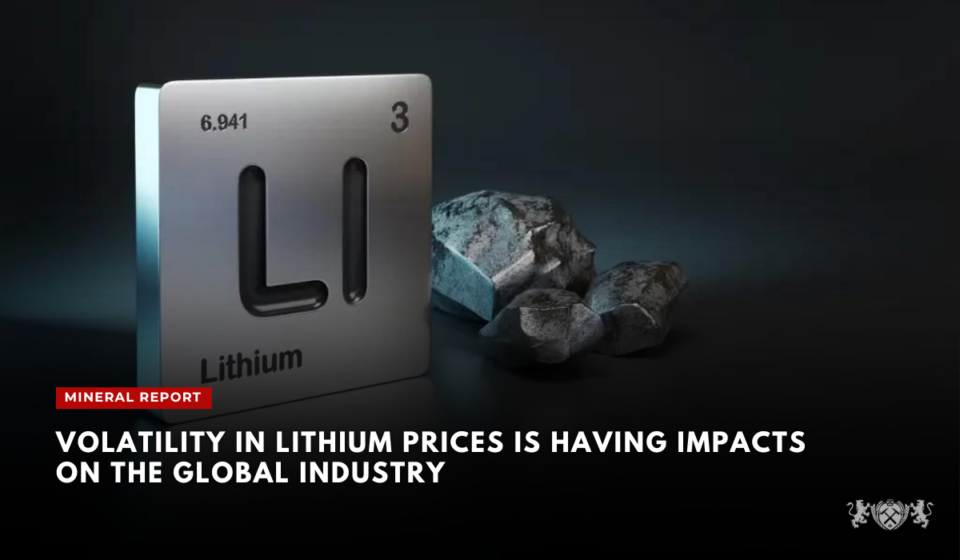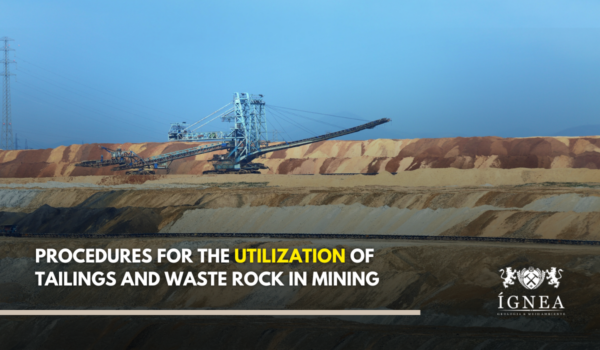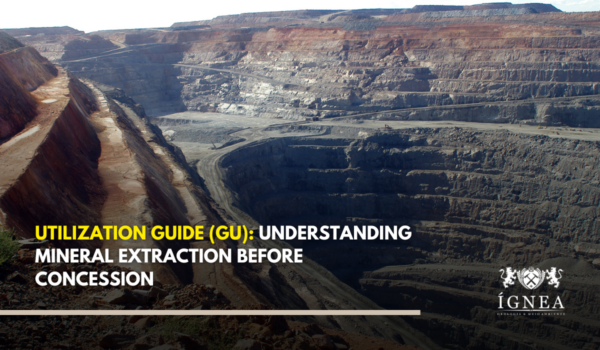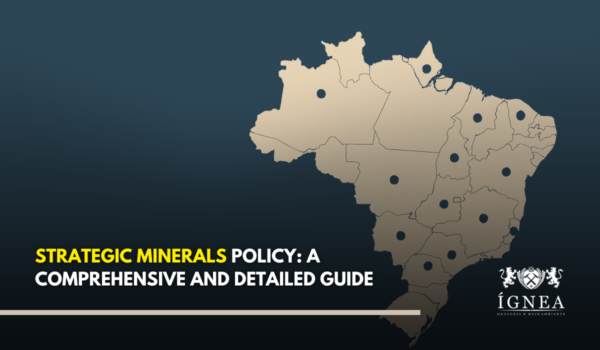Lithium miners are adjusting their strategies in response to the decline in demand for electric vehicles in China, which has resulted in a significant decrease in the price of the metal essential for battery manufacturing.
According to the Benchmark Mineral Intelligence data group, the price of lithium has plummeted by over 80% in the last year, reaching US$13,200 per tonne, the lowest level since 2020, due to oversupply in the market.
Mainly in Australia, responsible for 40% of global production, miners are reducing their output in response to the decrease in demand for electric vehicles, leading to an accumulation of stocks along the supply chain.
We are going through a period where many new projects have been launched in a very short space of time,” says William Adams, head of commodity market analysis at Fastmarkets, a price reporting agency. “We are just starting to see the backlash.”
Although the price of lithium hasn’t reached the levels seen between 2019 and 2020, when it hit around US$6,000 per tonne, many producers are facing profitability pressures.
Goldman Sachs estimates an oversupply of 200,000 tonnes of lithium carbonate, equivalent to 17% of global demand, which will require substantial supply cuts to balance the market.
Australian Market
In Australia, there are concerns that local miners will be the most affected by the drop in lithium prices, especially since they were the first to feel the effects of this cascading scenario.
Pilbara Minerals, one of Australia’s leading lithium sector competitors, announced it would not distribute dividends in the first half after registering a 46% drop in revenues in the last quarter of 2023, due to lithium price volatility.
Another setback was felt by Liontown Resources, whose AU$760 million financing for its Kathleen Valley project was canceled due to the decline in lithium prices. This project, expected to be one of the world’s largest lithium mines, depended on previous price forecasts.
Additionally, Albemarle, one of the world’s leading lithium companies, anticipates a reduction in investments this year to US$1.6 billion, compared to US$2.1 billion in 2023, in order to preserve capital. The company also plans to cut jobs and reduce annual costs by US$95 million.
The situation is challenging for other companies as well, such as Core Lithium, which announced the suspension of mining and the reduction of the book value of its assets due to the collapse in lithium prices.
Meanwhile, manufacturers are struggling to deal with the excess lithium in global supply chains, especially with the slowdown in electric vehicle sales in China, the largest market in the world. This scenario has led automakers to warn of a potential “price war” detrimental to non-profitable electric car models.
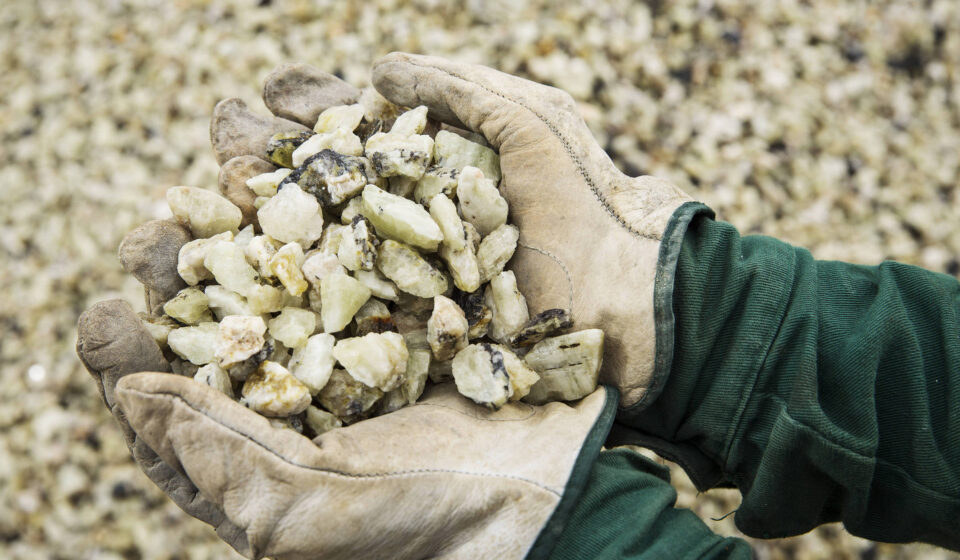
Although sales of fully electric vehicles increased significantly in 2022, preliminary data indicates more modest growth in 2023, according to official Chinese sources.
Faced with these challenges, Australia’s Minister for Mining, Madeleine King, convened a meeting with industry leaders to discuss an action plan to address the impacts of the drop in lithium and nickel prices on local miners.
Analysts predict that China may seize this slowdown to expand its participation and strategic control of the global lithium market. Chinese companies, such as Ganfeng Lithium, are already seeking to increase their purchases of spodumene concentrate, a mineral from which lithium is extracted.
While Western producers cut spending amid price volatility, some analysts note that the lithium market remains nascent and prone to periods of turbulence. Therefore, a supply response to the current lower price environment could set the stage for a recovery in the second half of 2024.
Source: Valor Econômico
Edited by: IGNEABR
Cover Image: jroballo/Getty Images

